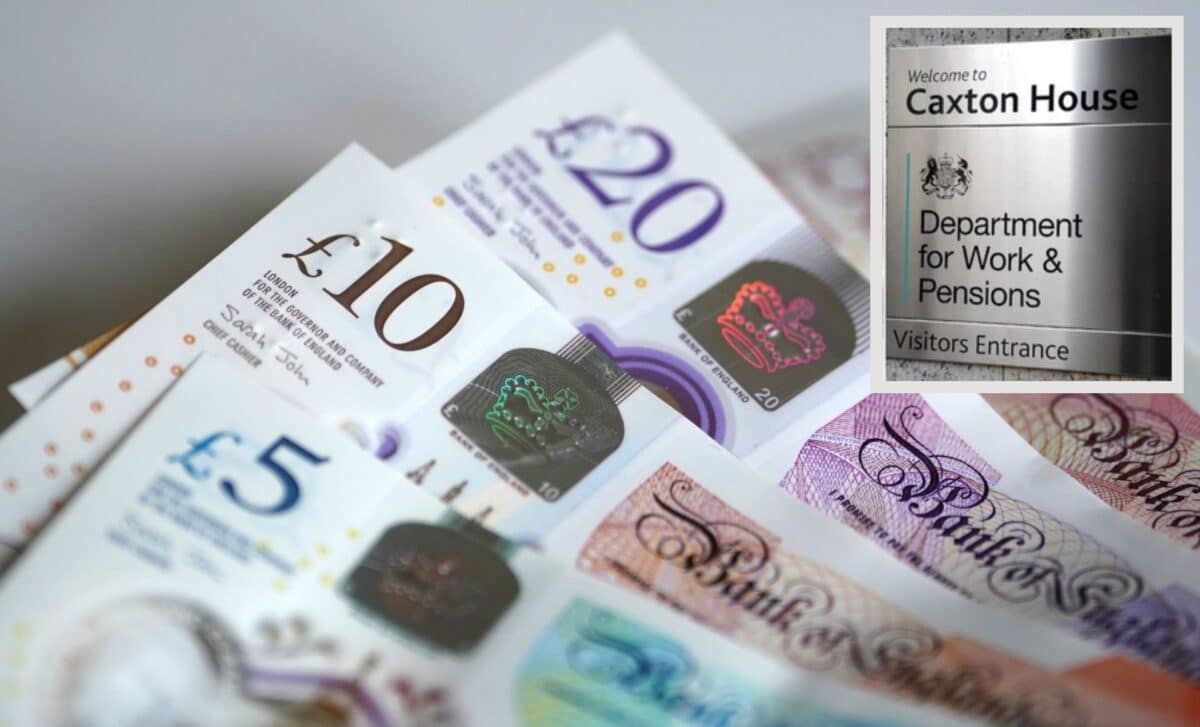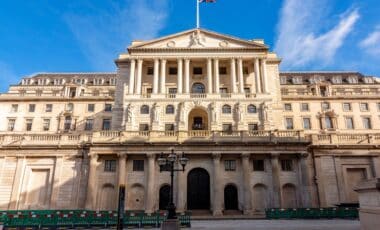The Department for Work and Pensions (DWP) is set to gain new powers to check the bank accounts of benefit claimants as part of a government crackdown on fraud and errors. Under the proposed Public Authorities (Fraud, Error and Recovery) Bill, banks and building societies will be required to monitor account balances to identify individuals with savings above the eligibility threshold for income-based benefits.
This move is expected to help reduce fraudulent claims, which the government estimates cost taxpayers around £10 billion a year. However, the policy has raised concerns about privacy, accuracy, and potential hardship for legitimate claimants who may not realise they have breached the savings limit.
How Will the DWP Monitor Bank Accounts?
Currently, individuals are responsible for declaring their savings to the DWP if they exceed a certain amount. Savings over £6,000 can lead to deductions in benefits, while those over £16,000 usually mean ineligibility for Universal Credit and other income-based support.
With the new law, banks and financial institutions will be required to flag accounts with savings above these thresholds. If an alert is triggered, the DWP will investigate whether the individual is still entitled to receive benefits. However, Work and Pensions Secretary Liz Kendall has stated that this system will not give the government direct access to personal spending habits:
“I want to stress to the House that, under our eligibility verification measure, the DWP will not be able to access people’s bank accounts or look at what they are spending. We will not share any personal information with banks.”
This means that while account balances will be monitored, details of transactions will not be scrutinised. Final decisions on benefit eligibility will be made by human caseworkers, not an automated system.
What Happens If You Exceed the Savings Limit?
For those receiving Universal Credit, any savings over £6,000 will result in a deduction of £4.35 for every £250 in additional savings. If total savings exceed £16,000, the claimant will usually be disqualified from receiving Universal Credit.
For example:
- A claimant with £6,300 in savings would face a £8.70 reduction in their benefits.
- If savings reached £10,000, the deduction would be £69.60 per month.
- Anyone exceeding £16,000 would lose their eligibility entirely.
However, some exceptions apply. Those transitioning from Tax Credits to Universal Credit may still be eligible for support for up to one year, even if their savings exceed the threshold.
The Government’s Justification for the Policy
The government argues that the new monitoring system is necessary to prevent fraud and ensure that benefits are only received by those who truly need them. Fraudulent claims and administrative errors are estimated to cost the UK billions each year, straining public resources.
Liz Kendall has emphasised that the system is not just about punishing fraudsters but also about helping people avoid unintentional errors:
“We know that people lead busy lives and sometimes genuine mistakes happen. The measure will help there too, by finding and putting errors right quickly, preventing people from building up large debts that they then need to repay.”
By identifying potential overpayments early, the government hopes to prevent claimants from accumulating debt due to benefits they were never entitled to receive.









